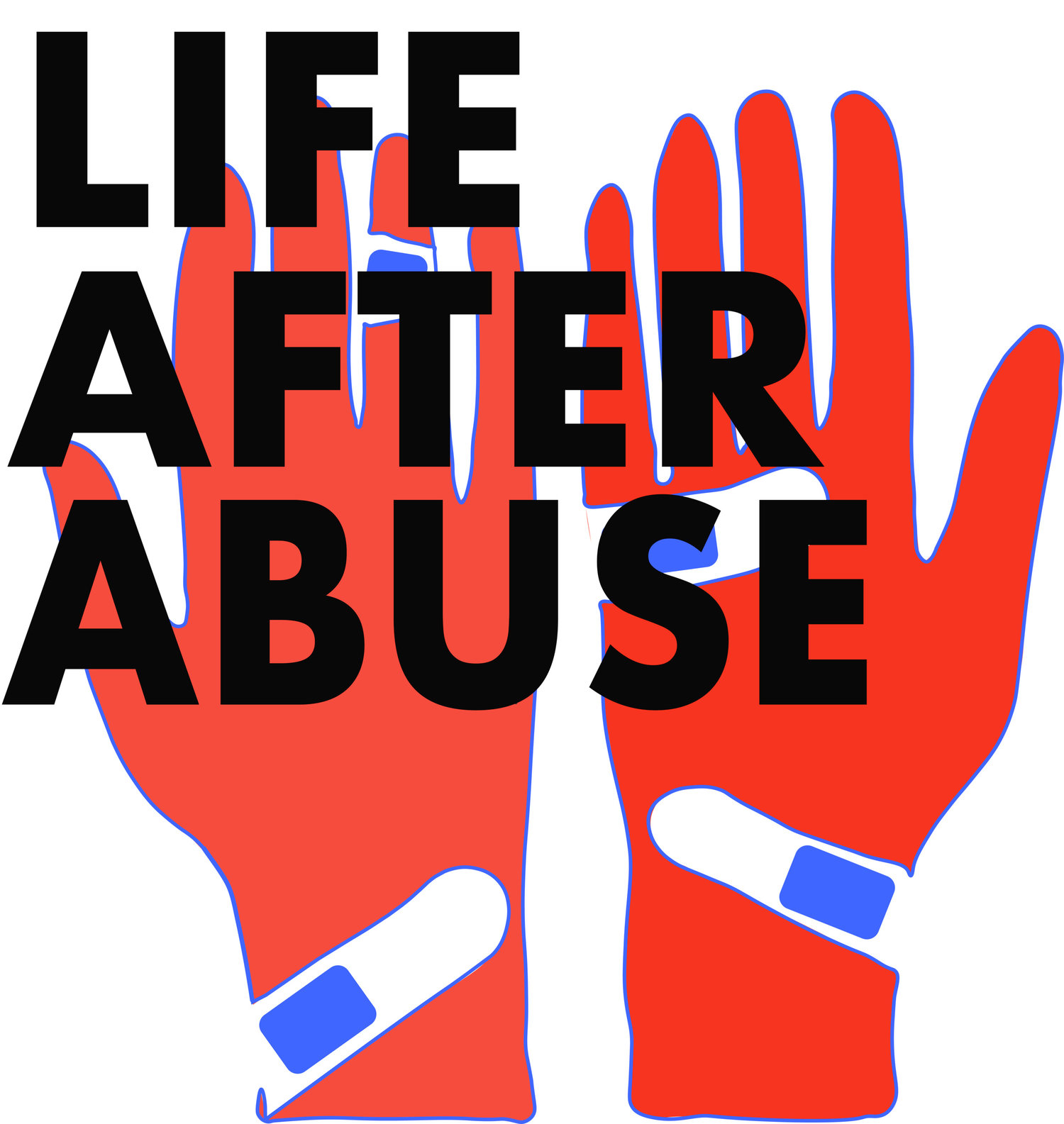October is Domestic Violence Awareness Month: Let’s Stop Playing Politics with Our Girls' Lives
VAWA hasn’t been reauthorized since 2013.
This means that funding is year to year vs. for a full 5 years. It means that grant holders and women don’t know when funding might end in their communities. It also means that as new opportunities or data comes in that can positively impact women and children, new programs can’t be added on to existing program efforts. The money generally stays the same year over year.
With VAWA expansion on the line, it’s important to take a moment to remember the long road to getting women in the US the protection that they need. Of course, we’re far from done. Women are still being assaulted, perpetrators are still not being punished and intimate partner violence is affecting many women and children. There are also new issues arising such as human trafficking and deportation of immigrant women to countries with no protection for women.
What prompted VAWA:
1960’s: Doubling of the violent crime rate, including against women
1970's: Grassroots organizations began to stress the need for attitudinal change among both the public and the law enforcement community regarding violence against women
1970's and 1980's:
More research focused on the issue of violence against women and recognition that spousal assault declined as meant became aware of the issues
The public and the criminal justice system were beginning to view family violence as a crime rather than a private family matter
1984: Family Violence Prevention and Services Act passed to assist states in preventing incidents of family violence and to provide shelter and related assistance to victims and their dependents
When did VAWA take effect?
VAWA took effect in 1994. The Violent Crime Control and Law Enforcement Act of 1994 was passed, which included VAWA as Title IV.
The act created an unprecedented number of programs geared toward helping local law enforcement fight violent crime and providing services to victims of violent crime
VAWA Goals:
Prevent violent crime against women
Respond to the needs of crime victims
Learn about and document crime statistics regarding violence against women
Change public attitudes
How is VAWA financed?
It’s a federal to local program. Federal grant programs provide funding to state, tribal, territorial, and local governments; nonprofit organizations; and universities. Communities can address their unique situation and needs.
VAWA Reauthorization hit a roadblock in 2018:
VAWA has been reauthorized three times since 1994 (2000, 2005, 2013). It was due to be reauthorized in 2018 but was not.
In the last reauthorization of 2013, the following critical elements were added.
Enhanced measures to combat trafficking in persons
Gave American Indian tribes authority to enforce tribal laws on domestic violence and related crimes against non-tribal members
Provision of housing security for domestic violence victims in federally funded housing
Established a nondiscrimination provision for VAWA grant programs, including support for the LGBTQ community
Monitoring and prevention of sexual assault on campus; support for victims.
Provisions to address states’ rape kit backlogs
The impact of having no Reauthorization since 2013:
The full complement of VAWA programs has expired
All VAWA programs funded in FY2018 have been funded in FY2019. The impact: No Enhancements
The Administration has requested FY2020 funding for all VAWA-authorized programs funded in FY2019. The impact: No Enhancements
What can YOU Do?
Call your Senator and demand that VAWA be reauthorized this year.



